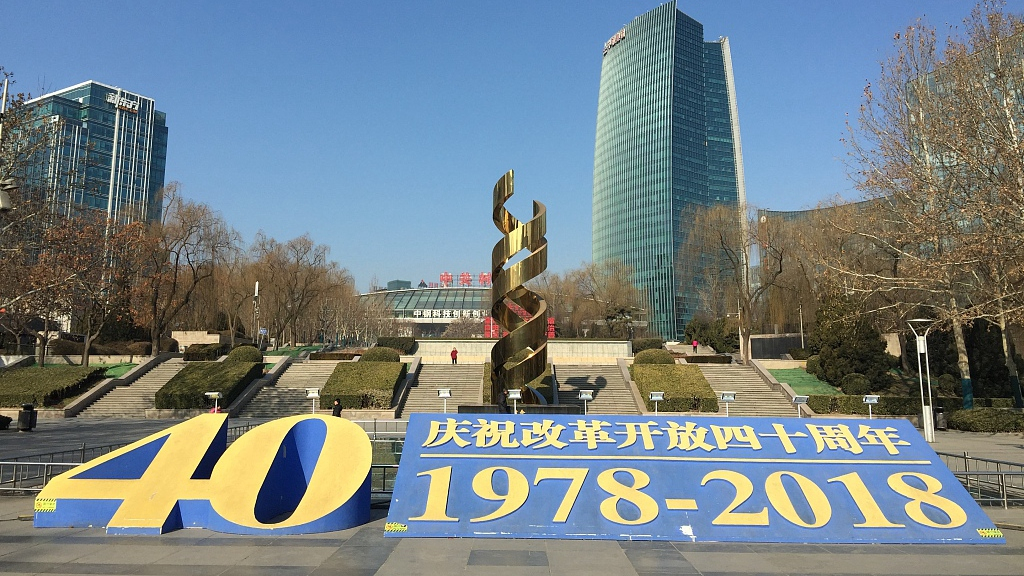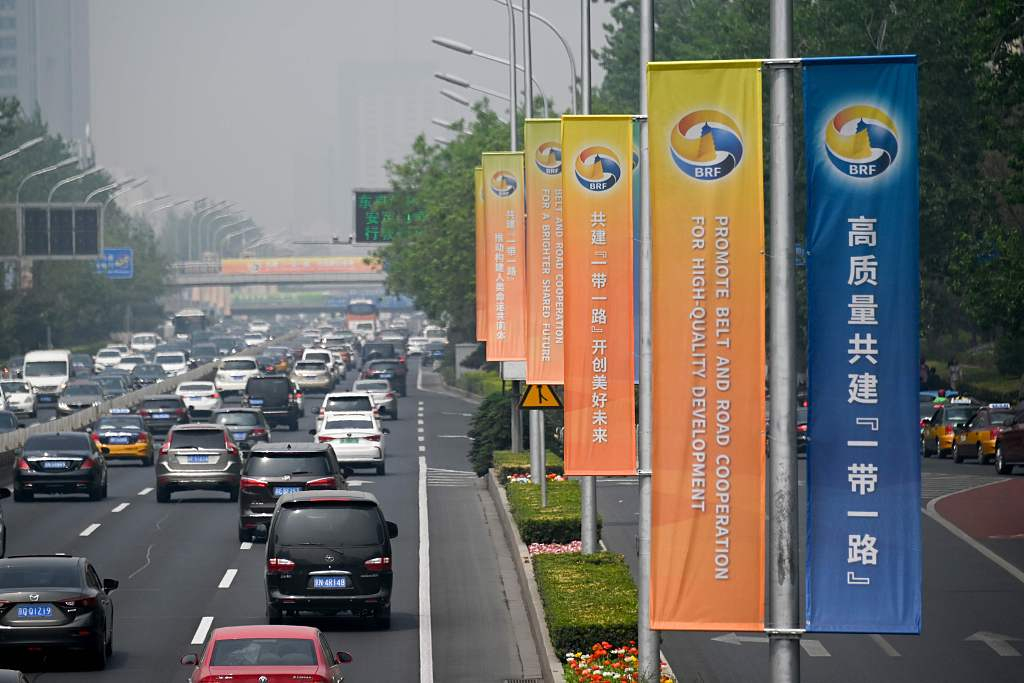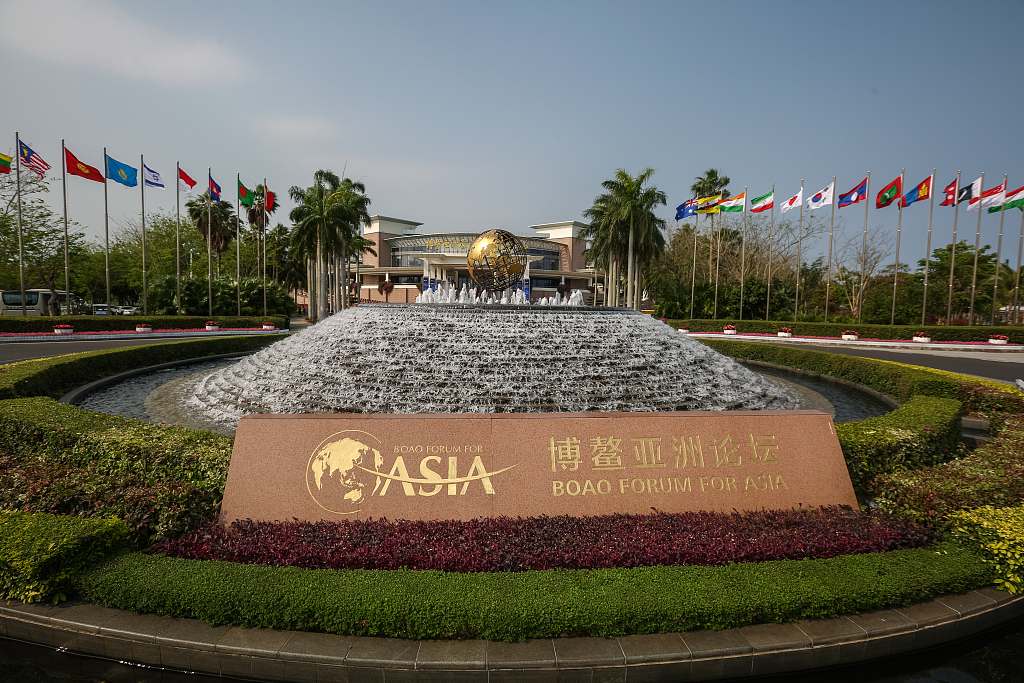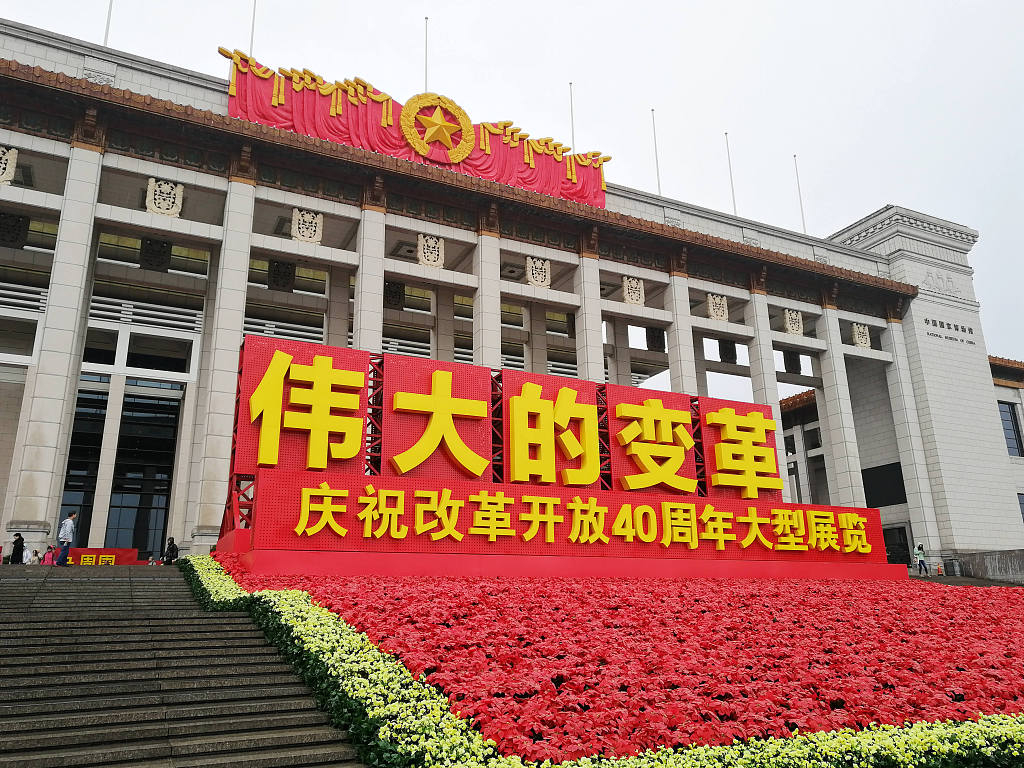
Opinion
10:21, 29-Apr-2019
Why opening-up needs emphasis on 'delivering on the promise'

Editor's note: The article was translated and edited from an editorial piece originally published on the Taoranbiji official WeChat account.
The Second Belt and Road Forum (BRF) for International Cooperation opened in Beijing with President Xi Jinping delivering a keynote speech at the opening ceremony on April 26.
He proposed five measures in his speech, namely, expanding market access for foreign investment in more areas, enhancing international cooperation in intellectual property protection, increasing imports of goods and services on a larger scale, more effectively engaging in international macro-economic policy coordination, and working harder to ensure the implementation of opening-up related policies.
Opening-up is often mentioned in our country's policy declarations, but the phrasing is new this time. The expression “delivering on the promise” is especially noticeable. In fact, the use of the word “promise” points to an emphasis on implementation.
Such emphasis is due to the fact that “opening wider to the outside world” was originally a decision made by China based on its own development realities. As early as six years ago, there was a top-level design to further opening-up. On November 12, 2013, the Third Plenary Session of the 18th Central Committee of the CPC passed the Decision of the CPC Central Committee on Several Major Issues Related to Comprehensively Deepening Reform.
The seventh section of the decision on developing new institutions of the open economy outlines the top-level design in terms of relaxing market access for investment, accelerating the development of free trade zones, and expanding the opening up of inland and border areas. It also emphasizes “promoting reform by opening-up.”

Banners are displayed along a street ahead of the Belt and Road Forum in Beijing, April 22, 2019. /VCG Photo
Banners are displayed along a street ahead of the Belt and Road Forum in Beijing, April 22, 2019. /VCG Photo
In May 2017, at the first BRF, President Xi also made special remarks on opening-up.
China will develop the “Belt and Road” into a path to opening-up. Opening-up makes for progress while enclosure leads to backwardness. For a country, opening-up can be compared to a phoenix rising from the ashes. Though painful, it brings new life. The Belt and Road Initiative (BRI) should serve the goal of opening-up while promoting balanced economic growth.
In October 2017, the Report on the 19th National Congress of the Communist Party of China which devoted a special section on “opening-up in all respects” says China will liberalize trade and facilitate investment at a higher level, fully adopt the pre-established national treatment and negative list approach to foreign investment, greatly widen market access, further open up the service sector, and protect the legitimate rights and interests of foreign investors. All enterprises registered in China should be treated equally.
Besides, clear statements and explanations have been made on this issue in the Boao Forum for Asia and the China International Import Expo in 2018.
Opening-up is a consistent policy of China. Even from the perspective of the outside world, China has been doing well on this front.

The International Conference Center of the Boao Forum for Asia in Qionghai, China's Hainan Province, March 21, 2019. /VCG Photo
The International Conference Center of the Boao Forum for Asia in Qionghai, China's Hainan Province, March 21, 2019. /VCG Photo
Take China's accession to the WTO as an example, Pascal Lamy, the former director-general of World Trade Organization, has said many times in public that China can earn an “A+” for fulfilling WTO obligations. Adam Posen, director of the Peterson Institute for International Economics of the United States, also said: “China has basically complied with all rules of the WTO.”
The expression “delivering on the promise” represents a further reiteration on implementation. The key is not how to look at the policy, but how to get it done and what result can be achieved. The biggest challenge in our development is not how to deal with other countries but how to reconcile with ourselves.
When it comes to opening wider to the outside world, there is indeed a place where external demands are in line with our existing policies. Such alignment, however, may create a problem that puts China in a dilemma as domestic public opinion regards efforts on opening-up as a compromise to external pressure and foreign countries see opening-up as proof of triumph over China.
Most people make a judgment on matters based on practical interests, and policy choice is no exception. We must safeguard our national interests, buying more time and space for future development, and doing our best to maintain the existing pace of development without external interference.
Under the current situation, pursuing reform and opening-up plus high-quality development serve our best interests. Only by maintaining our own pace of development without disruption, can we stand strong. Compared with this, everything else is trivial.

An exhibition marking the 40th anniversary of China's reform and opening-up at the National Museum of China in Beijing, November 14, 2018. /VCG Photo
An exhibition marking the 40th anniversary of China's reform and opening-up at the National Museum of China in Beijing, November 14, 2018. /VCG Photo
We have a standard to gauge our delivering of the promise of opening-up. We need to see whether the implementation of opening-up contributes to high-quality economic development, to realizing people's aspiration for a better life and to world peace, stability and development.
The opening-up policy is a commitment to the world as well as to China. However, when it comes to eliminating unreasonable regulations, subsidies and practices that hinder fair competition and distort the market, treating all enterprises and operators equally, and creating a market-oriented, law-based and friendly business environment, many people think of them as policies catering to foreign investors and foreign businessmen.
Such an assumption is only partially correct. A fair market and a market-oriented, law-based and friendly business environment are meant for all enterprises. A fair and open market also protects the legitimate rights and interests of Chinese market players. This is also a “promise” that we are delivering.
After all, what we are protecting are openness and fairness. There will still be winners and losers of market competition. Under fair conditions, if some companies lose out and attribute their failure to lack of market openness, China will not take the blame.
(If you want to contribute and have specific expertise, please contact us at opinions@cgtn.com.)

SITEMAP
Copyright © 2018 CGTN. Beijing ICP prepared NO.16065310-3
Copyright © 2018 CGTN. Beijing ICP prepared NO.16065310-3